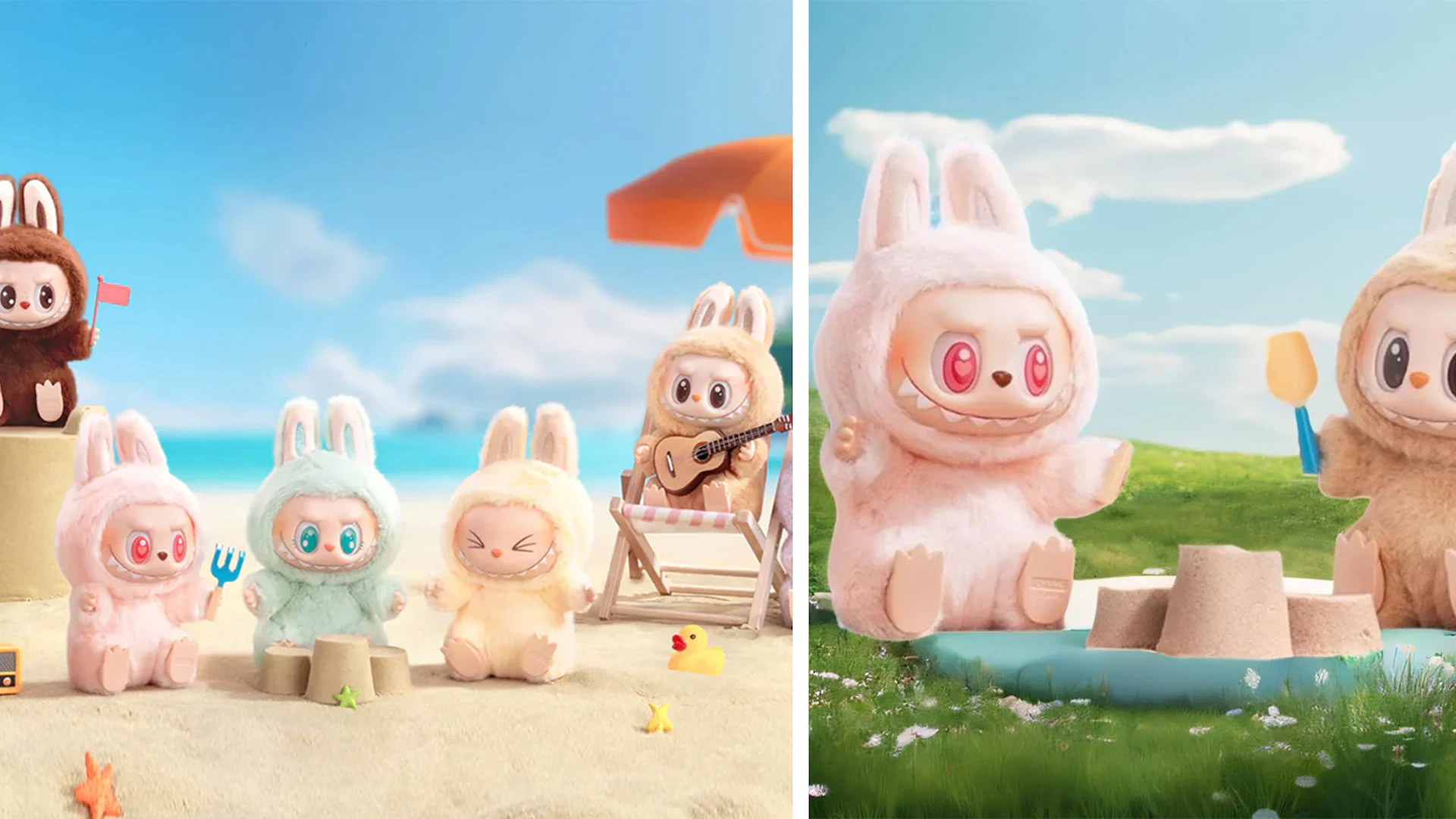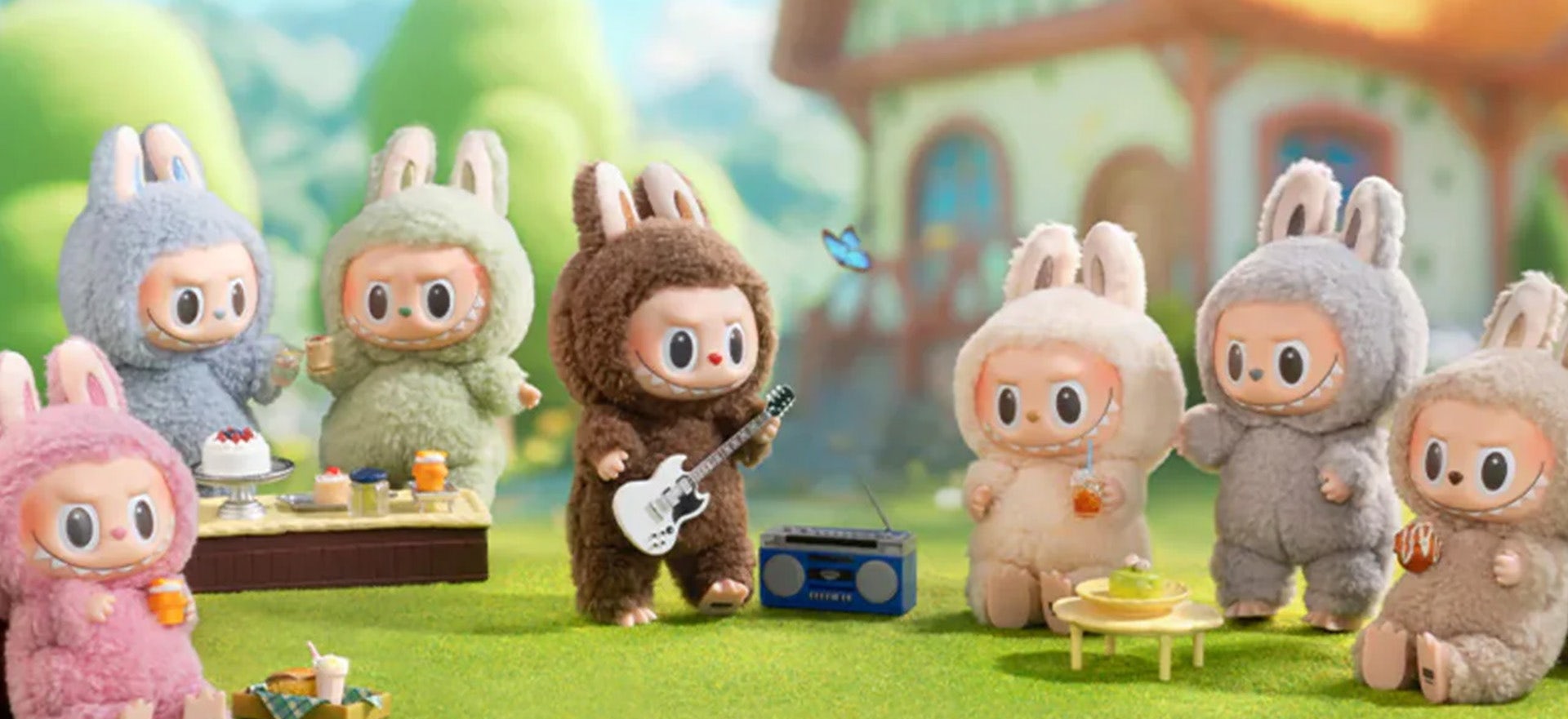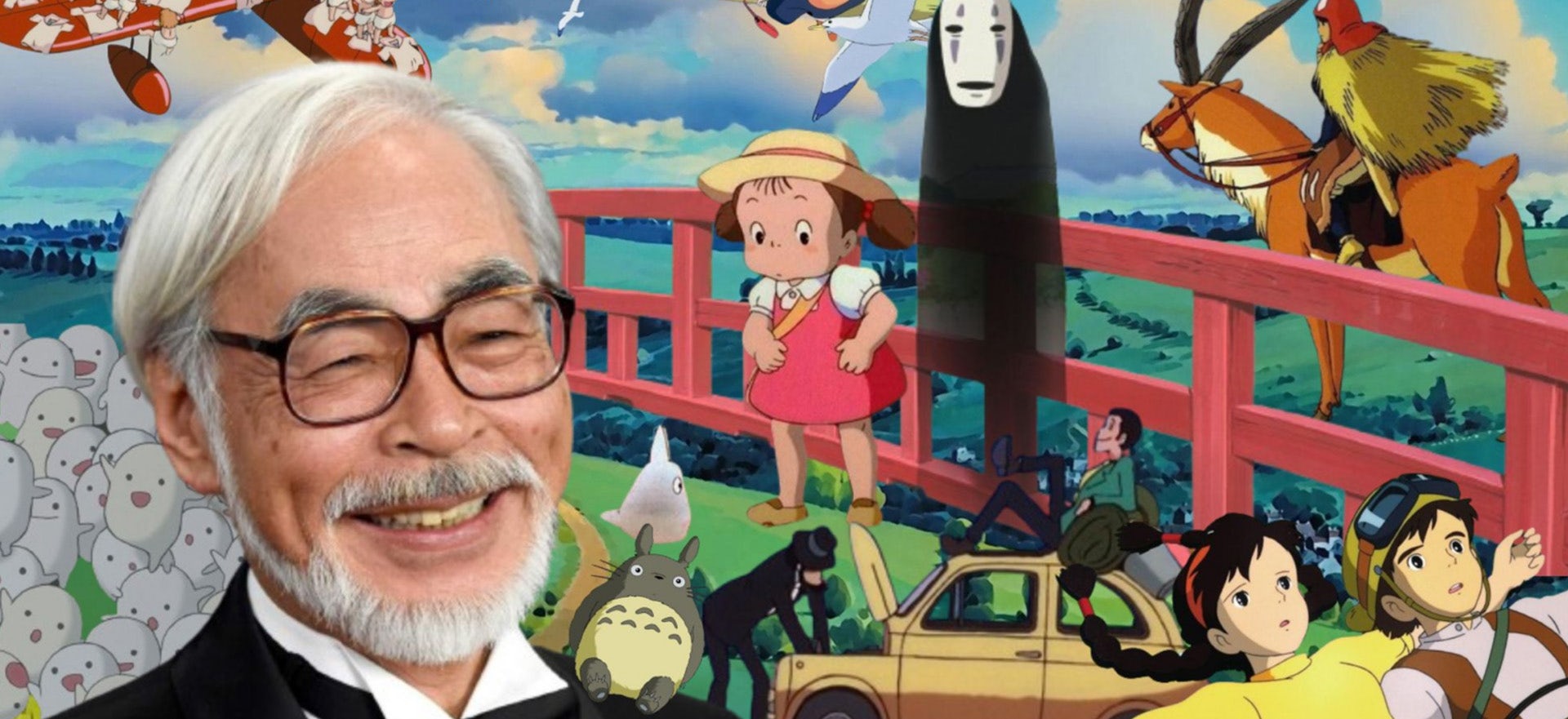Pop Mart, and Suddenly It’s Labubu Mania
Let’s talk about decorations, pendants, and bag accessories. In a word: charms. The most famous and sought-after are the Labubu — plush-style charms created by Chinese giant Pop Mart that play on exclusivity thanks to their blind box packaging.
These charms truly embody the concept of virality: sold-out both online and offline for months, with hours-long queues outside the only Milan store that sells them, and the rise of the Lafufu — adorable knock-offs that have become a trend of their own.
But what turned them from simple objects into a must-have item worthy of an exhibition at the Fuorisalone?

• They trigger the desire to own something exclusive. Pop Mart series are almost always limited edition, creating a sense of uniqueness that drives people to buy.
• The Japanese trend of blind boxes has roots in psychology, particularly the concept of variable reward. It generates an emotion similar to winning the lottery — the thrill of opening the box and discovering a unique item boosts engagement.
• The influence of Lisa from Blackpink gave them huge visibility, amplifying their status as coveted items.
• Their unboxings are endlessly repeated on TikTok — the perfect stage for them.
It’s clear that the line between desire and obsession is a thin one. The virality of these charms has turned an act of personalization into a mass trend, standardizing what was once an expression of individuality. The obsession with hauls and unboxing, amplified by social media, fuels impulsive consumerism and FOMO, encouraging fleeting micro-trends where originality is often sacrificed in favor of chasing what’s viral.
Naturally, some questions arise: how far can we really talk about personalization? When does the desire to stand out end up making everyone the same? What is the true boundary between individual expression and conformity?
We’re thinking about it — while standing in line at Pop Mart.
For marketing research purposes, of course.






